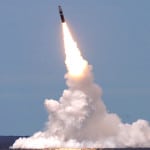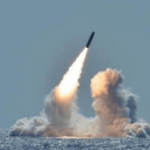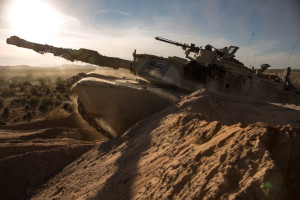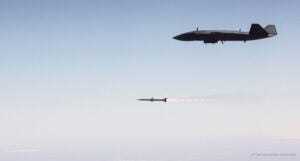
The National Nuclear Security Administration (NNSA) won’t be able to make 80 pits annually by 2030 even if Congress throws more money at the problem this year, the agency’s top official and the Pentagon’s acquisition chief both told Senators Wednesday in a hearing “The nuclear weapons council stands by the assessment that was provided, that I signed on April 22 of the adequacy of the [NNSA] budget, as well as that no additional money will get the pits to 80…

 By
By 











